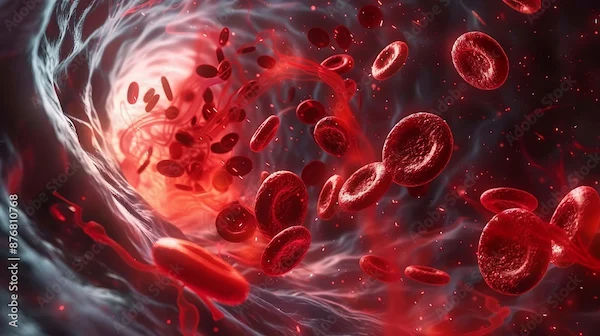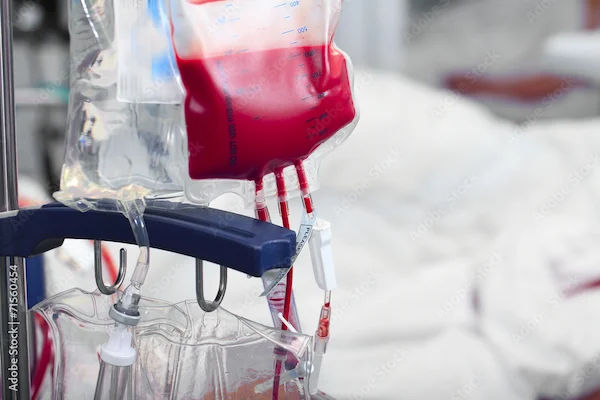Understanding BMV in Medical Terms
Learn about BMV (Balloon Mitral Valvuloplasty), a minimally invasive procedure used to treat mitral valve stenosis. Discover symptoms, causes, treatment, recovery, and when to consult a doctor.

Written by Dr. Vasanthasree Nair
Reviewed by Dr. Rohinipriyanka Pondugula MBBS
Last updated on 11th Aug, 2025

Introduction
When you come across the term BMV in a medical setting, it may seem unfamiliar or unclear at first. However, understanding it is simpler than it sounds. In this article, we'll explain what BMV means, how it works, and why it matters for your health, in straightforward, easy-to-follow language.
What is BMV?
BMV stands for Balloon Mitral Valvuloplasty, a medical procedure used to treat a condition called mitral valve stenosis. The mitral valve is one of the four valves in your heart that helps control blood flow. When this valve becomes narrow or stiff (stenosis), it makes it harder for blood to flow properly, which can lead to serious health problems.
Balloon Mitral Valvuloplasty is a minimally invasive procedure where a doctor uses a small balloon to widen the narrowed mitral valve, improving blood flow.
Symptoms of Mitral Valve Stenosis
If you have mitral valve stenosis, you may experience:
Shortness of breath, especially during physical activity or when lying down
Fatigue (feeling unusually tired)
Heart palpitations (a fluttering or irregular heartbeat)
Swelling in the feet or ankles
Chest pain (especially during exertion)
Coughing or coughing up blood in severe cases
If you notice these symptoms, it’s important to consult a doctor. Early diagnosis and treatment can prevent complications.
Causes of Mitral Valve Stenosis
The most common cause of mitral valve stenosis is rheumatic fever, an inflammatory disease that can develop after a strep throat infection. Rheumatic fever can damage the heart valves over time. Other causes include:
Congenital heart defects (being born with an abnormal valve)
Calcium buildup on the valve due to ageing
Rare conditions like lupus or carcinoid syndrome
How BMV Helps
Balloon Mitral Valvuloplasty is a non-surgical alternative to open-heart surgery. Here’s how it works:
1. A thin tube (catheter) with a deflated balloon is inserted into a blood vessel (usually in the groin).
2. The catheter is guided to the mitral valve using imaging techniques.
3. Once in place, the balloon is inflated to stretch the narrowed valve open.
4. The balloon is then deflated and removed, leaving the valve wider for better blood flow.
This procedure is less risky than surgery, has a shorter recovery time, and is highly effective for many patients.
Health Topic Carousel:
Doctor Speciality: General Physician
Text: Consult Top Specialists
Who Needs BMV?
BMV is recommended for people with moderate to severe mitral valve stenosis who:
Have symptoms like breathlessness or fatigue
They are not good candidates for open-heart surgery
Have a valve that is still flexible (not heavily calcified)
Your doctor will evaluate your condition through tests like:
Echocardiogram (ultrasound of the heart)
Electrocardiogram (ECG)
Chest X-ray
Cardiac MRI or CT scan (in some cases)
Recovery After BMV
Most people recover quickly after BMV. Here’s what to expect:
Hospital stay: Usually 1-2 days
Rest: Avoid strenuous activities for a few days
Follow-up: Regular check-ups to monitor heart function
Medications: You may need blood thinners or other heart medications
Lifestyle Tips for a Healthy Heart
Even after BMV, maintaining heart health is crucial. Here are some tips:
Eat a heart-healthy diet: Include fruits, vegetables, whole grains, and lean proteins. Reduce salt and processed foods.
Exercise regularly: Walking, swimming, or light cardio helps strengthen the heart.
Quit smoking: Smoking damages blood vessels and worsens heart conditions.
Manage stress: Practice relaxation techniques like deep breathing or yoga.
Monitor your health: Keep track of blood pressure and cholesterol levels.
When to See a Doctor
If you experience:
Worsening shortness of breath
Severe chest pain
Fainting spells
Irregular heartbeat
Seek medical help immediately.
Book a Consultation with Apollo 24|7
If you or a loved one has been diagnosed with mitral valve stenosis and want to explore treatment options like BMV, Apollo 24|7 offers expert cardiology consultations. You can:
Schedule an online consultation with a heart specialist
Book diagnostic tests like echocardiograms
Get personalised treatment plans
Early intervention can make a big difference in heart health.
Conclusion
BMV (Balloon Mitral Valvuloplasty) is a safe and effective procedure for treating mitral valve stenosis. If you’re experiencing symptoms like fatigue, breathlessness, or heart palpitations, don’t ignore them; consult a doctor. With proper care, you can lead a healthy and active life.
Health Topic Carousel:
Doctor Speciality: General Physician
Text: Consult Top Specialists


.webp)

